Discover how having an Employer of Record (EOR) in South Korea helps businesses hire employees quickly & efficiently so you can expand your business smoothly without interruption
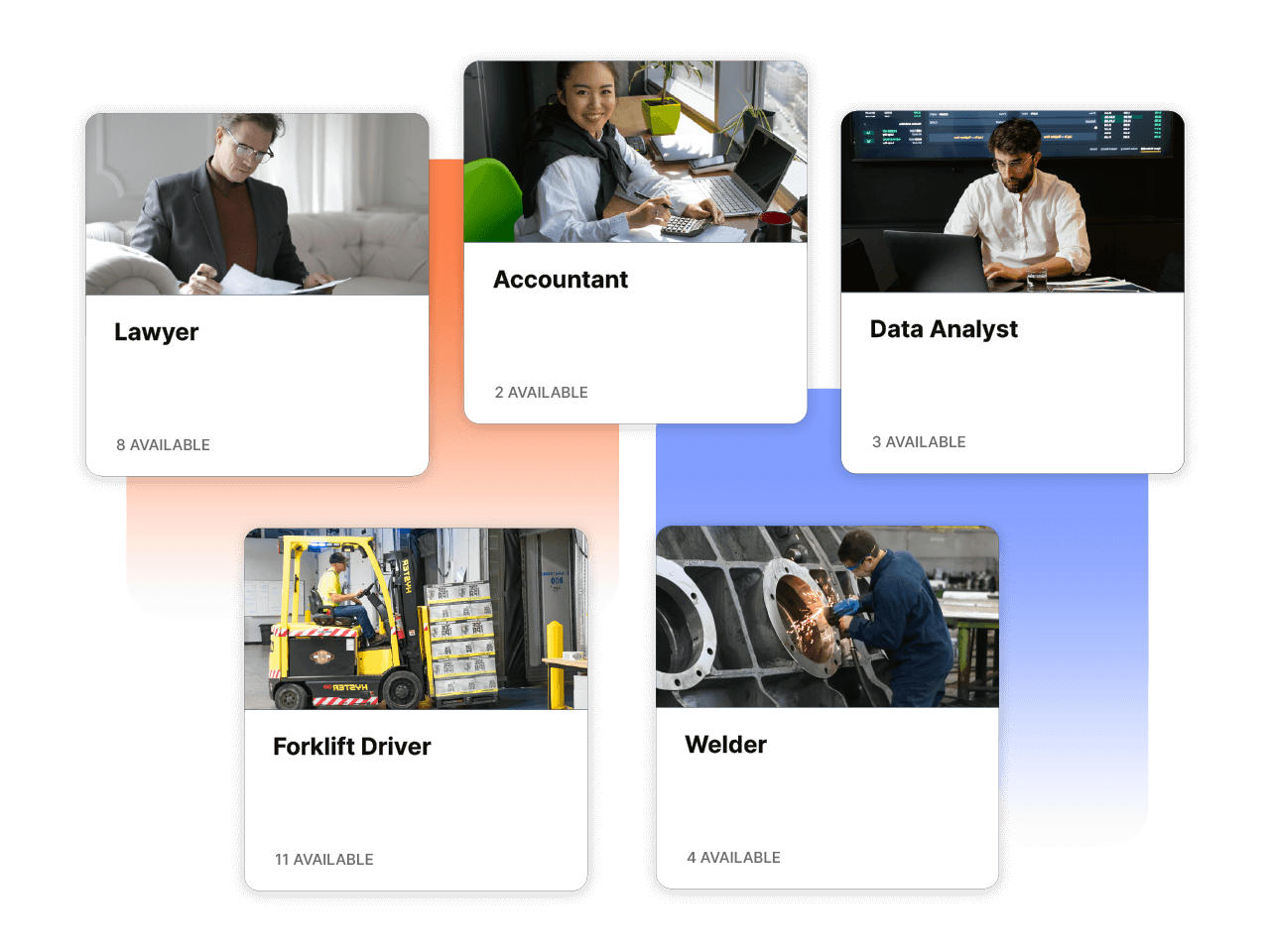
This is a common struggle for many high growth companies due to the language barriers, cultural differences and the complex, ever-changing employment laws. Look no further than our employer of record solution.
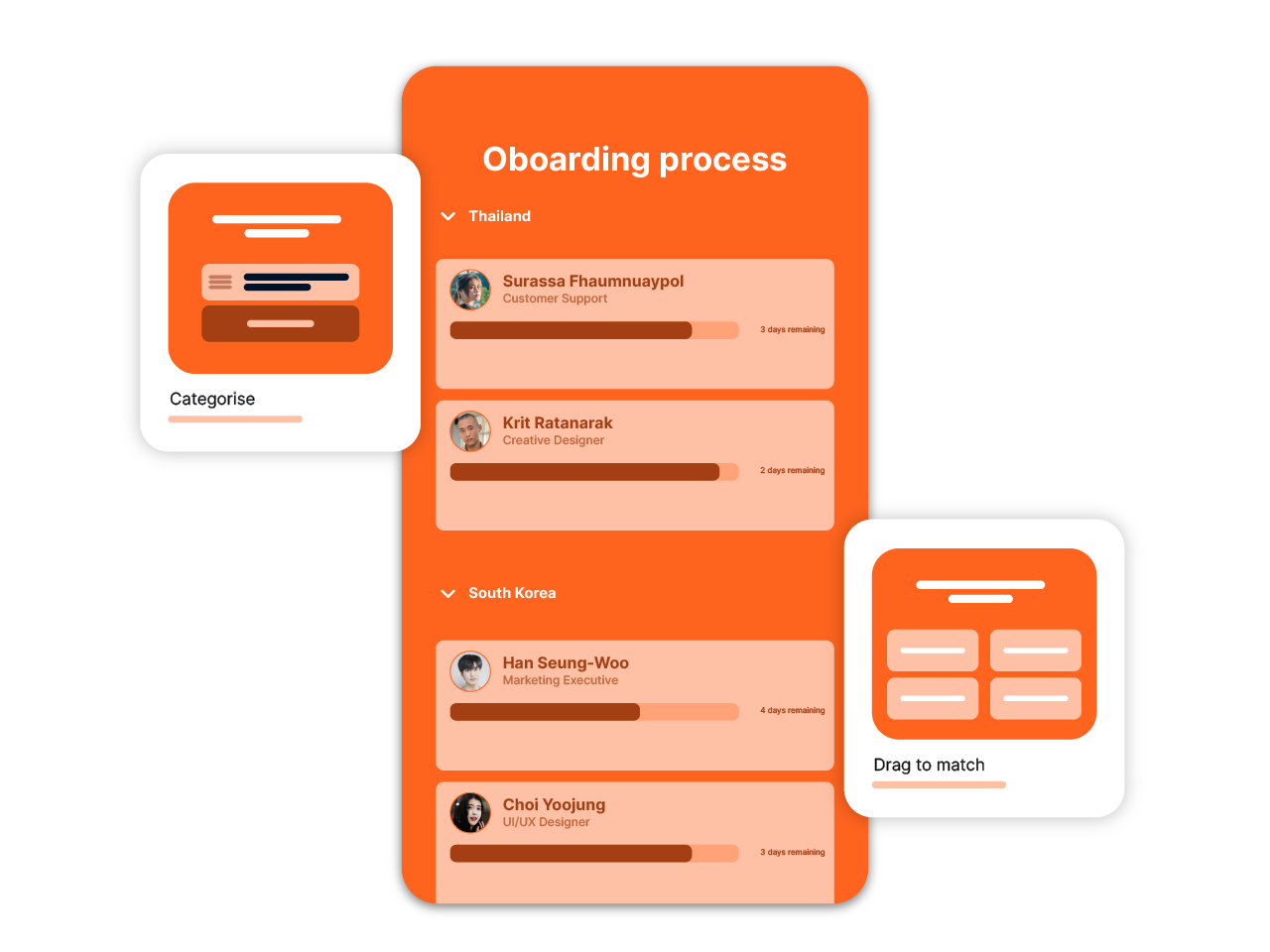
Sit back while focus on your core business while we take care of the rest.
Got a great business idea and looking to hire employees in South Korea? AYP Group (AYP) has got your back! Our South Korea EOR helps you hire employees quickly and efficiently, so you can focus on your business goals.
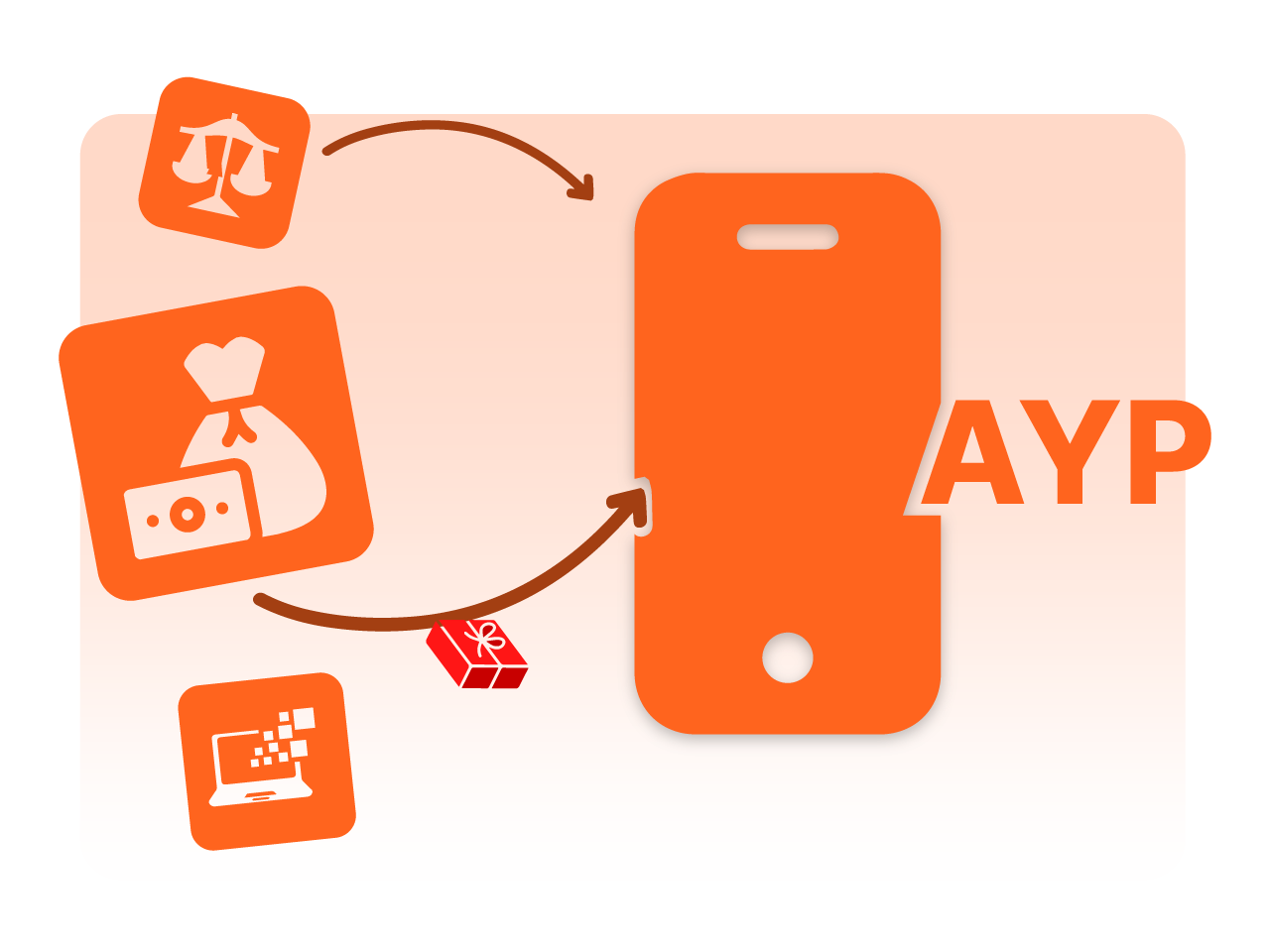
Forget about the lengthy and expensive process of setting up a legal entity – we’ll take care of all the HR, benefits, payroll, and tax needs for the employees.
Compliance with local employment laws
Reduced hiring time and cost
Minimized legal and financial risks
Dedicated HR support and expertise
Seamless onboarding and payroll management
Access to a wider talent pool
Our process is simple and efficient. First, we hire the employee on your behalf and become their official employer.
Then, we manage all legal and administrative tasks, including payroll, taxes, benefits, and compliance.
Finally, we work closely with you to ensure a smooth and successful onboarding process.
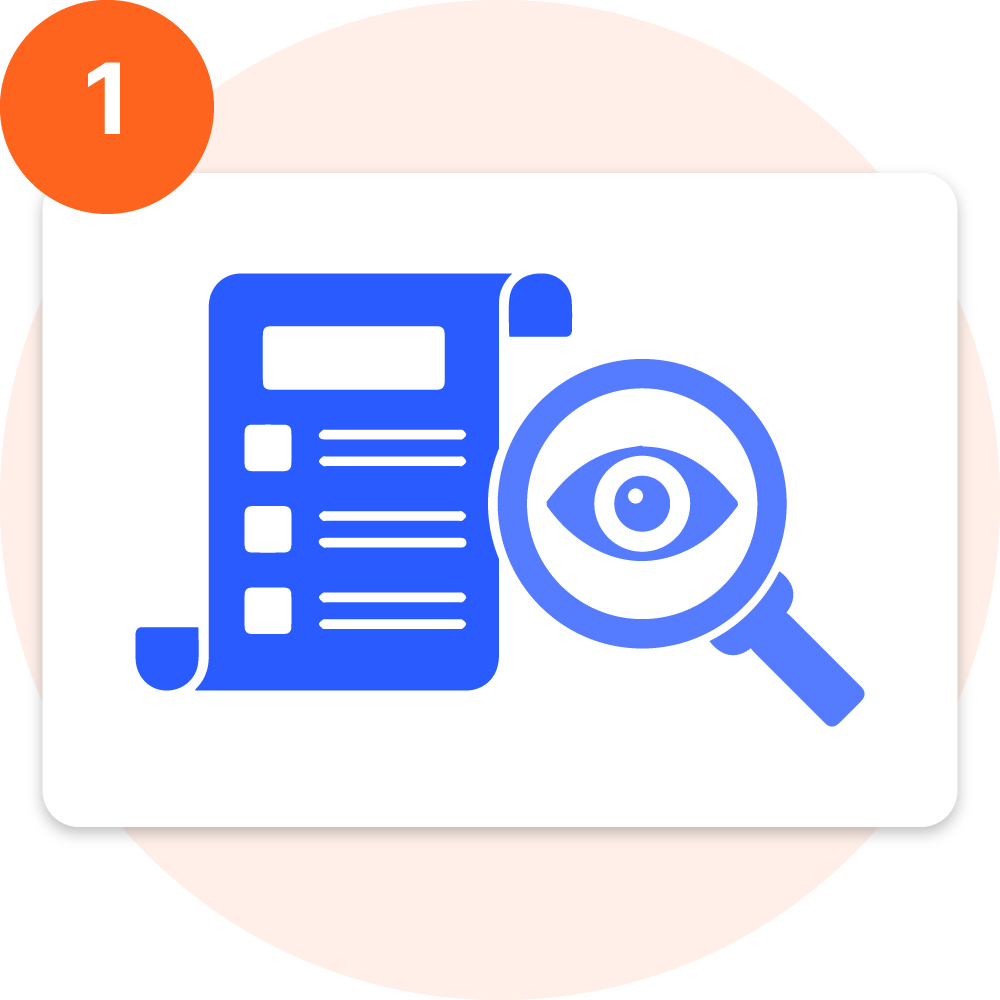
Our solution offers complete transparency in pricing, so you know exactly what you’re paying for and can manage your workforce costs more effectively.
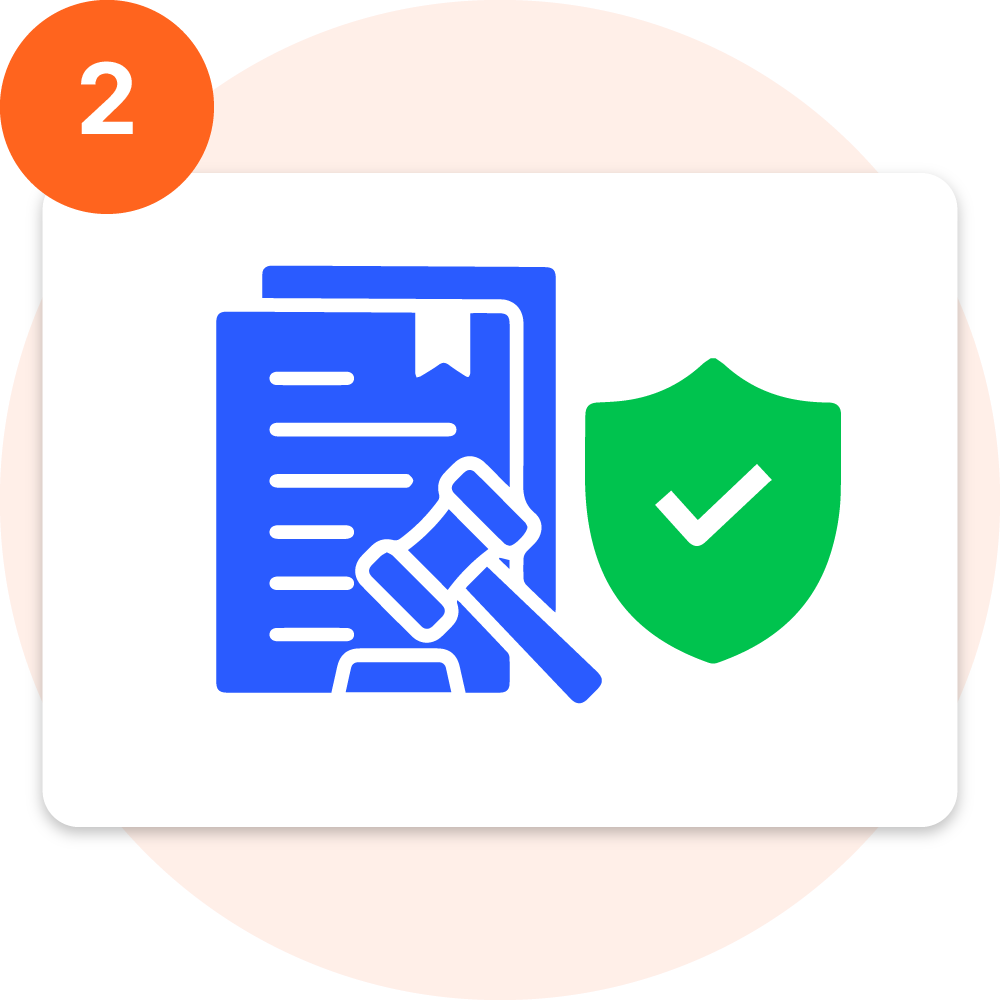
Our all-in-one compliance management system simplifies HR processes across jurisdictions, freeing up your time to focus on growing your business.

With our platform, you have access to local compliance experts who can guide you through the complexities of managing a distributed workforce, ensuring that you stay compliant with local laws and regulations.
Don’t let the complexities of employment laws in South Korea slow down your business growth. Choose our employer of record solution and simplify your hiring process.
South Korea, officially known as the Republic of Korea, is a country located in East Asia.South Korea has a population of approximately 51 million people, with the majority living in urban areas such as the capital city of Seoul.
South Korea has a developed and export-oriented economy, with a focus on technology and manufacturing. It is the world’s 11th largest economy and a member of the OECD and G-20.

Seoul

Korean

English, Malay, Mandarin, and Tamil

Democratic republic with a presidential system of government

Here are the main types of employment contracts in South Korea:
1. Regular Employment Contract
This is a standard employment contract that provides the most protection for employees. Regular employees are entitled to various benefits and protections under South Korean labor law, including severance pay, minimum wage, and employment insurance.
2. Fixed-term Employment Contract
This is a contract that has a set duration, which can range from a few months to several years. Fixed-term employees may be entitled to some benefits and protections, but their rights are generally more limited than those of regular employees.
3. Part-time Employment Contract
This is a contract for employees who work less than the standard full-time hours. Part-time employees are entitled to some benefits and protections, but their rights are generally more limited than those of regular employees.
4. Dispatched Worker Contract
This is a contract for workers who are employed by a staffing agency and then dispatched to work at another company. Dispatched workers are entitled to some benefits and protections, but their rights are generally more limited than those of regular employees.
5. Project Employment Contract
This is a contract for employees who are hired to work on a specific project or task. Project employees are entitled to some benefits and protections, but their rights are generally more limited than those of regular employees.
6. Probationary Employment Contract
This is a contract for employees who are in a trial period with a new employer. During this time, the employer can evaluate the employee’s performance and decide whether to offer them a regular employment contract. Probationary employees are entitled to some benefits and protections, but their rights are generally more limited than those of regular employees.

In South Korea, the standard working hours are 40 hours per week. This is based on the Labor Standards Act, which sets out the minimum labor standards for employers and employees.
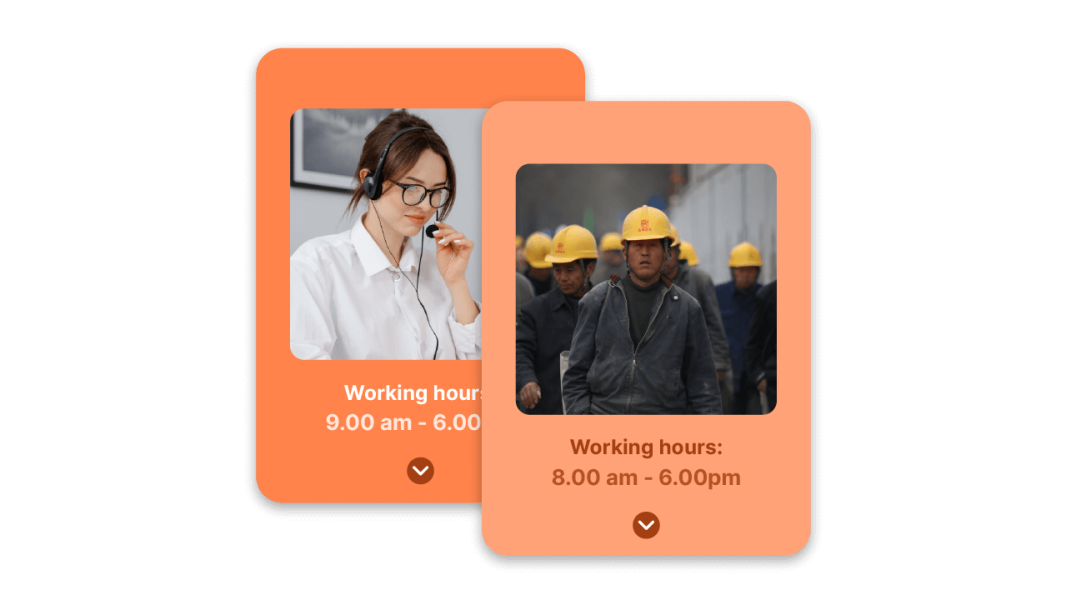
In South Korea, there are 16 national holidays in a year. These include:
Here’s an overview of some of the major social security organizations and the benefits they provide:
The National Pension Service is a government-run pension fund that provides retirement, disability, and survivor benefits to eligible workers. Both employers and employees are required to contribute to the NPS, with contributions based on a percentage of the employee’s salary.
The National Health Insurance Service is a government-run health insurance program that provides coverage for medical expenses, including hospitalization, surgery, and prescription medications.
Both employers and employees are required to contribute to the NHIS, with contributions based on a percentage of the employee’s salary.
Employment Insurance is a government-run program that provides unemployment benefits to eligible workers who have lost their jobs through no fault of their own. Both employers and employees are required to contribute to the Employment Insurance program, with contributions based on a percentage of the employee’s salary.
The Industrial Accident Compensation Insurance program provides compensation and medical treatment to workers who are injured or become ill as a result of their work.
Employers are required to contribute to the IACI program, with contributions based on their industry classification and the number of employees.
Workers’ Compensation Insurance is a government-run program that provides compensation and medical treatment to workers who are injured or become ill as a result of their work.
Employers are required to contribute to the Workers’ Compensation Insurance program, with contributions based on the type of work their employees perform.
| Cookie | Duration | Description |
|---|---|---|
| cookielawinfo-checkbox-analytics | 11 months | This cookie is set by GDPR Cookie Consent plugin. The cookie is used to store the user consent for the cookies in the category "Analytics". |
| cookielawinfo-checkbox-functional | 11 months | The cookie is set by GDPR cookie consent to record the user consent for the cookies in the category "Functional". |
| cookielawinfo-checkbox-necessary | 11 months | This cookie is set by GDPR Cookie Consent plugin. The cookies is used to store the user consent for the cookies in the category "Necessary". |
| cookielawinfo-checkbox-others | 11 months | This cookie is set by GDPR Cookie Consent plugin. The cookie is used to store the user consent for the cookies in the category "Other. |
| cookielawinfo-checkbox-performance | 11 months | This cookie is set by GDPR Cookie Consent plugin. The cookie is used to store the user consent for the cookies in the category "Performance". |
| viewed_cookie_policy | 11 months | The cookie is set by the GDPR Cookie Consent plugin and is used to store whether or not user has consented to the use of cookies. It does not store any personal data. |
